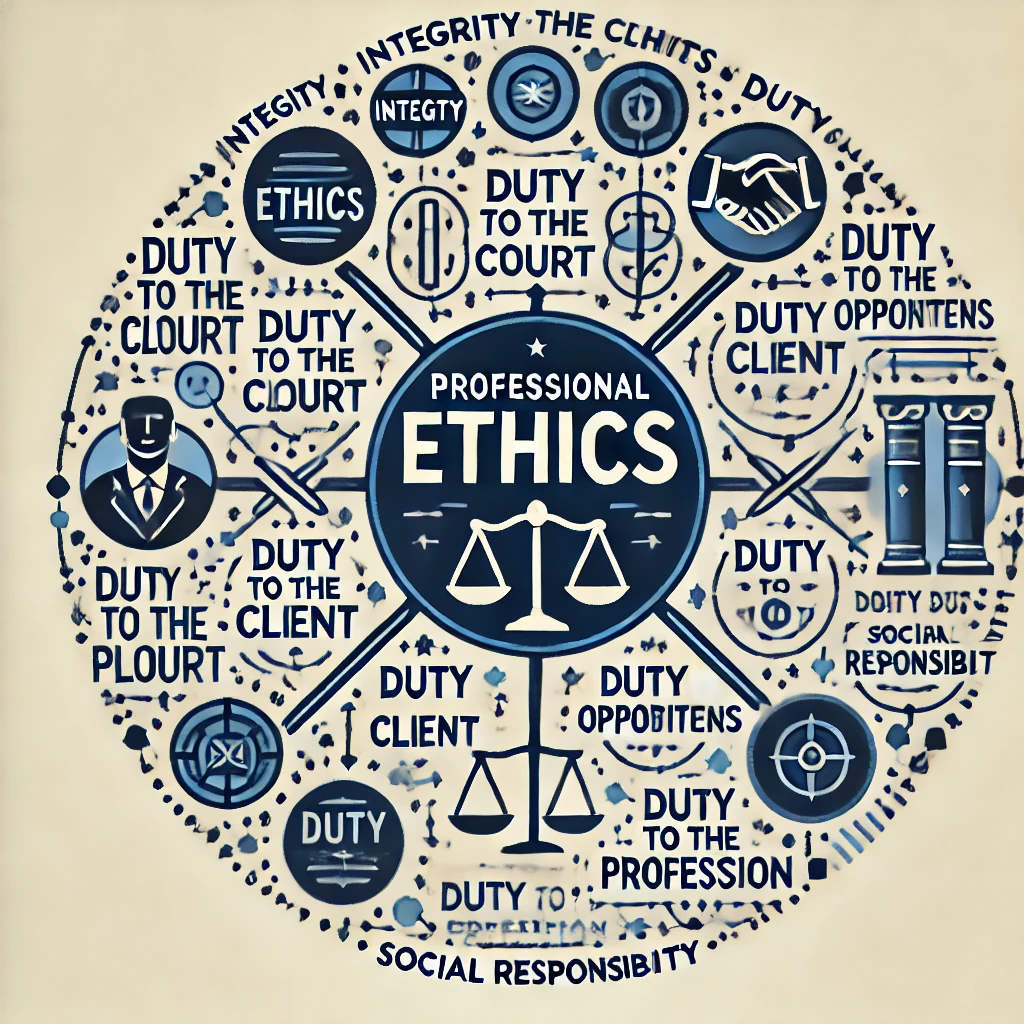Summary of the Supreme Court Judgment (20-Sep-2024)
Case: Bhagwan Singh vs. State of U.P. & Ors.
The Supreme Court of India addressed a serious case of misuse and abuse of the judicial process by certain litigants and their legal representatives. The case involved fraudulent filing of a Special Leave Petition (SLP) in the name of Bhagwan Singh without his knowledge or consent, implicating several advocates and a notary in the process.The court highlighted the criticality of professional ethics for lawyers.
Key Points of the Judgment:
Fraudulent Filing:
- A Special Leave Petition (SLP) was filed in the Supreme Court using Bhagwan Singh’s name without his authorization. The petitioner, Bhagwan Singh, claimed he had no knowledge of the SLP, never signed the required documents, and had not interacted with the advocates involved.
Misuse of Legal Process:
- The advocates involved, including Mr. R.P.S. Yadav and Mr. Anubhav Yashwant Yadav, falsely represented Bhagwan Singh. They fabricated documents and falsely attested signatures to proceed with the case in the Supreme Court.
High Court Proceedings:
- Multiple recall applications were filed in the Allahabad High Court using false documents and fabricated affidavits. These were aimed at quashing the criminal proceedings against Ajay Katara, the respondent, who had been a witness in the high-profile Nitish Katara murder case.
CBI Investigation Ordered:
- The Court directed the Central Bureau of Investigation (CBI) to conduct a thorough investigation into the fraudulent activities involving the advocates, the notary, and other associated individuals. This decision was taken due to the gravity of the misconduct and the involvement of legal professionals in the abuse of the justice system.
Role of Advocates:
- The Court expressed serious concern over the involvement of legal professionals in the fraudulent activities. It emphasized the responsibility of advocates as officers of the court and the importance of maintaining the sanctity of the judicial process.
Witness Protection:
- The case highlighted the threats and harassment faced by Ajay Katara for being a witness in the Nitish Katara murder case, and the systemic issues in protecting such witnesses from malicious litigation.
Corrective Measures:
- The judgment reiterated the need for strict adherence to professional ethics by advocates and emphasized the importance of notaries following proper procedures.
Directive to Bar Council and Government:
- Copies of the judgment were directed to be sent to the Bar Council of India and the Government of India for necessary action against the erring advocates and to reinforce the adherence to professional standards.
The judgment serves as a stern reminder to legal practitioners about their duties and the consequences of engaging in fraudulent practices.
Principles related to professional ethics enunciated by the Supreme Court
In the judgment of the Supreme Court of India dated 20th September 2024, several principles related to professional ethics were emphasized. These principles are crucial for maintaining the integrity and credibility of the legal profession, especially considering the serious misconduct observed in this case. Here are the key principles enunciated:
1. Duty of Advocates as Officers of the Court:
- Advocates are considered officers of the court and play a pivotal role in the justice delivery system. They are expected to uphold the dignity, decorum, and integrity of the legal profession. Misuse of their position for fraudulent purposes is a grave violation of professional ethics.
2. Standard of Professional Conduct:
- Advocates must adhere to the highest standards of professional conduct and ethics as laid down in the Bar Council of India Rules. This includes behaving in a manner befitting their status as officers of the court and privileged members of the community.
3. Responsibility and Accountability:
- Advocates must act responsibly and are accountable for their actions, especially when signing and filing documents in court. They must ensure that all documents are genuine and that their clients have duly authorized them to act on their behalf.
4. Integrity and Honesty:
- The profession of law is based on trust. Advocates must exhibit integrity and honesty in all their professional dealings. Any act of forging or fabricating documents, or misrepresenting facts to the court, is considered a serious breach of ethical conduct.
5. Certification of Vakalatnamas:
- Advocates-on-Record (AOR) must follow the Supreme Court Rules diligently when certifying Vakalatnamas. They must either witness the execution of the Vakalatnama in person or satisfy themselves about its authenticity before endorsing it.
6. Avoidance of Fraudulent Practices:
- No advocate should involve themselves in filing false or fabricated documents or indulge in misleading the court. Such actions not only undermine the legal system but also erode public trust in the judiciary.
7. Misconduct and Consequences:
- The judgment made it clear that professional misconduct by advocates, especially those practicing in the highest court, would not be tolerated. Advocates found guilty of such misconduct could face severe consequences, including criminal prosecution and disciplinary action by the Bar Council.
8. Role of Notaries:
- Notaries, like advocates, hold a position of trust and must adhere to the Notaries Act and the associated rules. They must ensure that all notarized documents are genuine and that the signatory has appeared before them.
9. Duty to the Court and Public Interest:
- Advocates must balance their duty to their clients with their duty to the court and the public interest. They must not engage in activities that would pervert the course of justice or misuse the legal system for personal gain or to serve malicious interests.
10. Importance of Witness Protection:
- The judgment reiterated the importance of witness protection and the ethical obligation of the legal community to support and protect those who assist the court in the pursuit of justice, rather than harass or intimidate them.
These principles serve as a guideline for legal professionals to maintain the sanctity and trust of the judiciary, ensuring that justice is delivered fairly and transparently.

